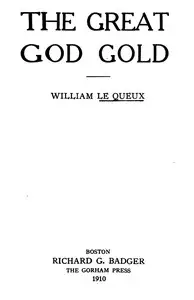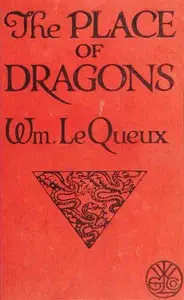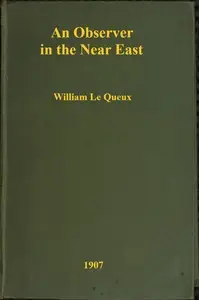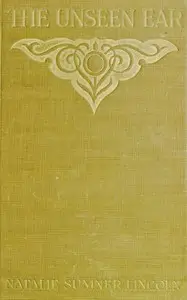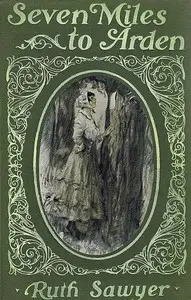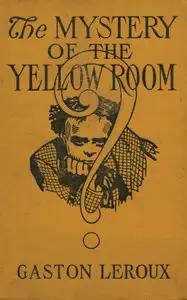"As We Forgive Them" by William Le Queux is a novel written in the early 20th century. The narrative begins with the mysterious death of Burton Blair, a wealthy man whose fortune's origins are shrouded in secrecy, leaving two friends, Gilbert Greenwood and Reginald Seton, bewildered and frustrated. The story appears to delve into themes of betrayal, duty, and the quest for truth, particularly as Gilbert grapples with a promise to protect Blair's daughter, Mabel, while seeking the truth behind her father's enigmatic life and wealth. The opening of the book sets the stage for a suspenseful narrative, beginning with the discovery of Blair's lifeless body in a hotel room in Manchester. Gilbert and Reginald, who had been close to Blair, express their disappointment at his decision to take his secrets to the grave, despite the riches they believed they were entitled to. Following Blair's last wish for his daughter Mabel, the narrative quickly transitions into the complications of a mysterious letter and the looming sense of foul play surrounding his death. As the story unfolds, Gilbert's determination to unearth Blair's secrets and safeguard Mabel from potential dangers entwines mystery with intrigue, propelling the plot towards an exploration of Blair's hidden past and the shadowy figure of Paolo Melandrini, appointed as Mabel's guardian. (This is an automatically generated summary.)

As We Forgive Them
By William Le Queux
"As We Forgive Them" by William Le Queux is a novel written in the early 20th century. The narrative begins with the mysterious death of Burton Blair,...
William Tufnell Le Queux was an Anglo-French journalist and writer. He was also a diplomat, a traveller, a flying buff who officiated at the first British air meeting at Doncaster in 1909, and a wireless pioneer who broadcast music from his own station long before radio was generally available; his claims regarding his own abilities and exploits, however, were usually exaggerated. His best-known works are the anti-French and anti-Russian invasion fantasy The Great War in England in 1897 (1894) and the anti-German invasion fantasy The Invasion of 1910 (1906), the latter becoming a bestseller.


